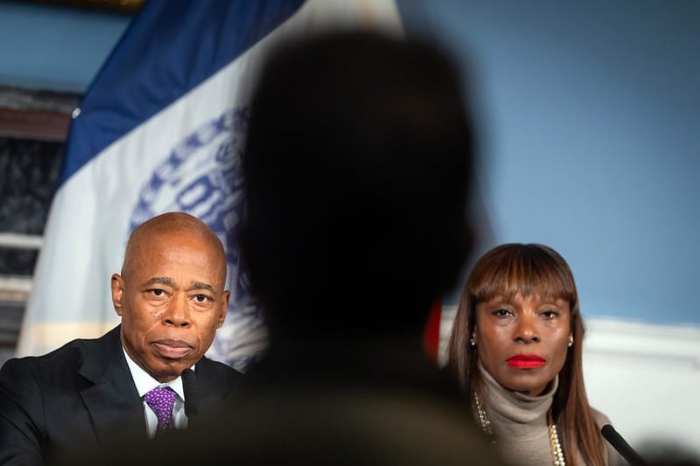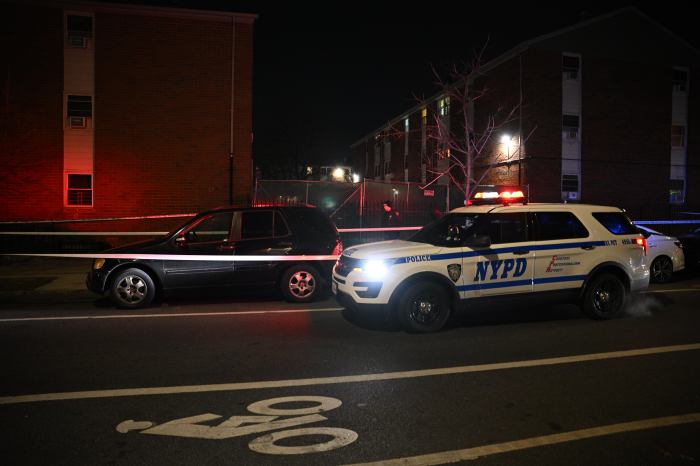The city announced it will kick off a series of conversations this summer about segregation in the city and how it impacts residents’ access to opportunities. The conversations will focus on immigrants, people with disabilities, seniors, LGBTQ individuals and all racial and religious communities.
The dialogue is part of the city’s Where We Live NYC initiative, which aims to satisfy the U.S. Department of Housing and Urban Development’s requirement that governments and public housing authorities receiving HUD funding are taking steps to overcome segregation. Under President Donald Trump, HUD has extended the deadline by which funding recipients must complete related analyses, but the city said it will continue operating on the original timeline and release a framework to promote integration in fall 2019.
“Where We Live NYC is an unprecedented opportunity to work with government partners, community organizations, and the general public to take a comprehensive look at the historic and ongoing factors that contribute to long-standing patterns of segregation in our neighborhoods, and discuss what we as a City can do to increase housing choice and access to opportunity for all New Yorkers,” Maria Torres-Springer, the city’s Department of Housing Preservation and Development commissioner, said in a statement. “I look forward to having meaningful and candid conversations as we work together to make our city stronger, fairer, and more equitable.”
Torres-Springer’s department will be working with several city agencies, the New York City Housing Authority and a Fair Housing Stakeholder Group to understand and address how various segregation patterns impact access to jobs, education, public transit and health. Beyond looking at data and analyzing policies, the city will glean insight through conversations with members of communities across the five boroughs, beginning this summer.
The city plans to hire a consulting firm and racial justice organization to facilitate these public dialogues. A survey also will inform the initiative, which aims to have specific policy solutions to present in fall 2018 and a final framework with measurable goals to release in fall 2019.



































